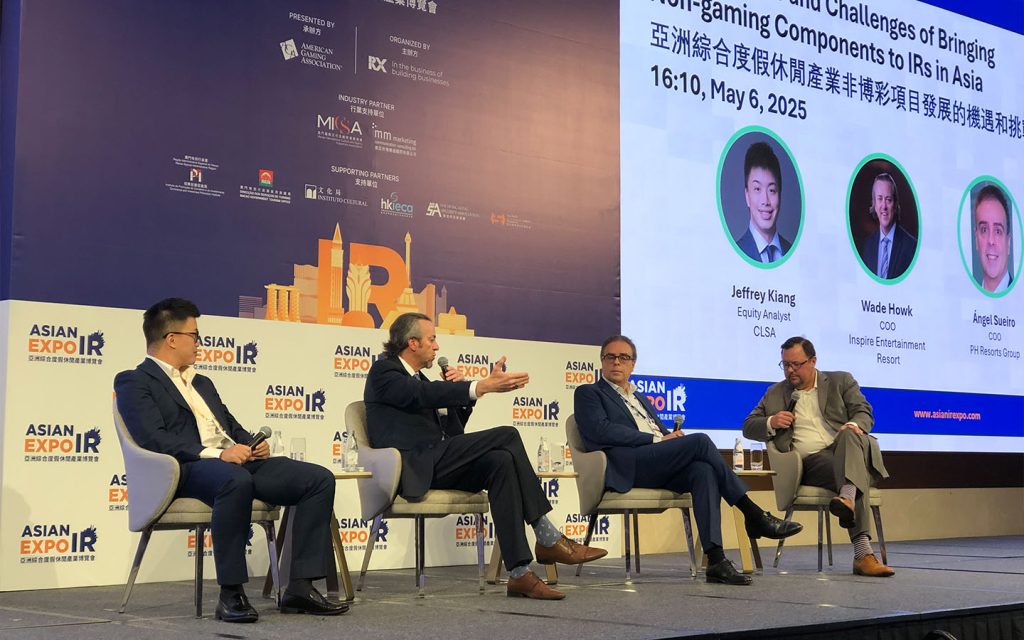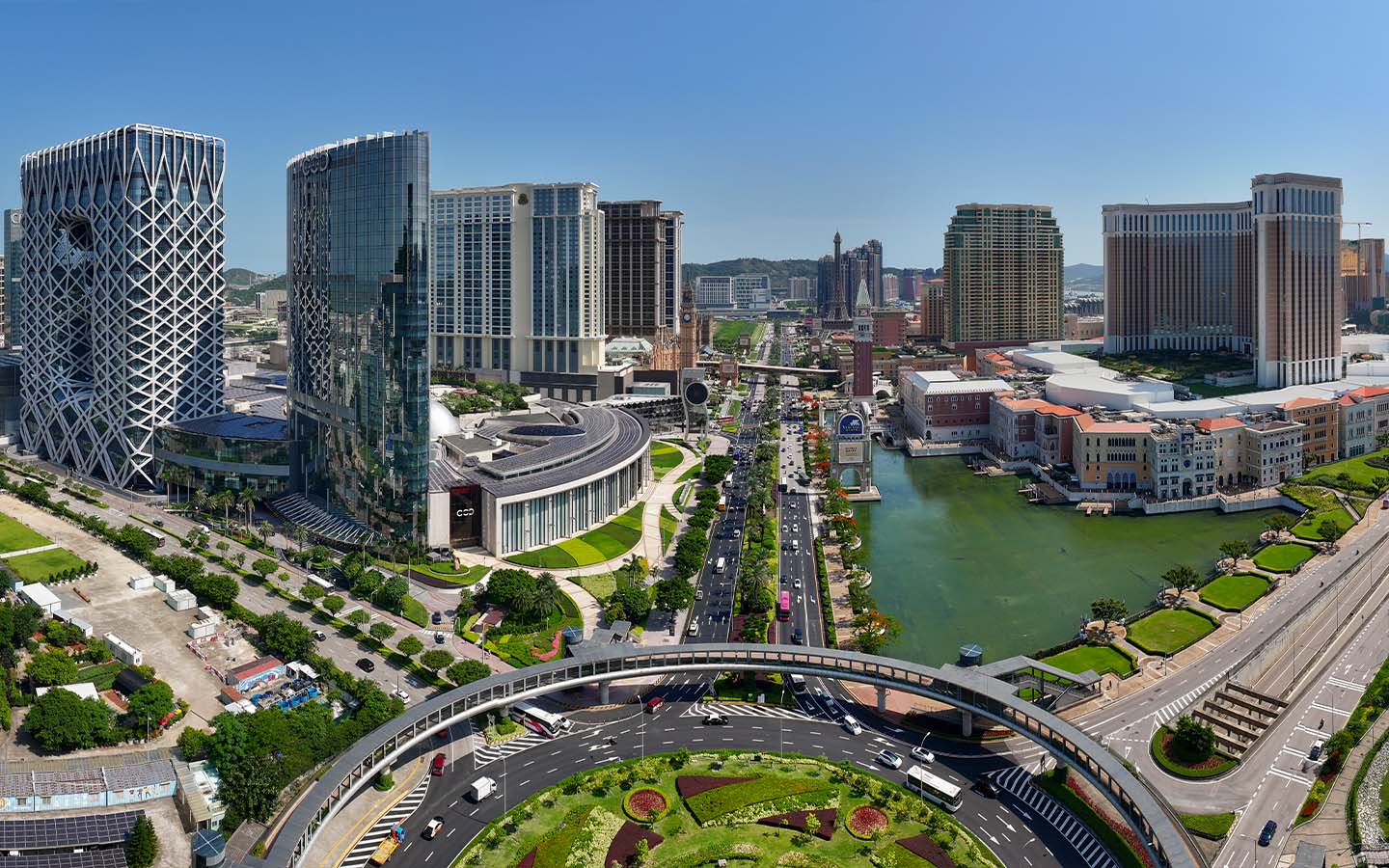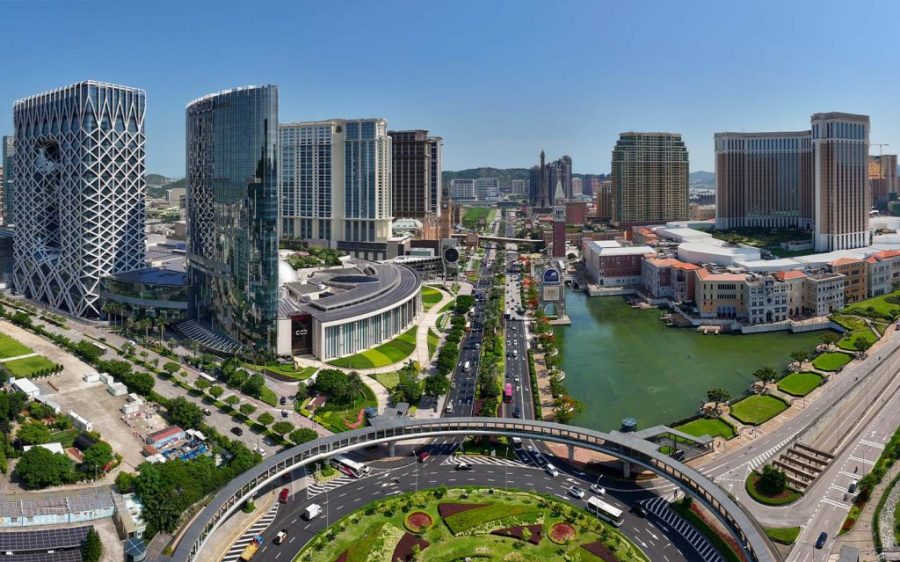When assessing what the integrated resort (IR) of the future will look like, panel experts speaking at the Asian IR Summit shared a diverse range of views and opinions, underscoring the near endless possibilities for the hospitality and entertainment industry. But the wide array also highlights the challenges Macao faces in an environment that is simultaneously juggling regulatory guidelines alongside operational constraints and market demands.
At a time when the six local gaming operators are looking to follow the Las Vegas example and diversify towards non-gaming attractions, the depth of those amenities will determine whether Macao breaks away from its single-day reputation and gravitates towards longer staying guests, observe analysts.
Brian Wyman, executive vice president of the Innovation Group, who moderated the discussion entitled “Opportunities and Challenges of Bringing Non-gaming Components to IRs in Asia,” commented that Las Vegas’s transformation over the past three decades has catalysed shifting IR priorities around the world.
The proliferation of recreational options have overtaken the Las Vegas Strip, where gaming revenues as a percentage of total sales have remained below the fifty percent mark since 1999 and now only account for about a third of the mix. A smaller budget for games of chance and greater allocation towards room and dining is reshaping the physical appearances and trajectory of integrated resorts.
[See more: Macao has a long way to go before it truly becomes the ‘Asian Las Vegas,’ expert says]
Iconic hotels that line the famed strip may have outlived their utility, Wyman laments, suggesting that changing consumer preferences could see integrated resorts place a greater emphasis on erecting landmarks structures like Atlantis The Royal in the UAE or Marina Bay Sands in Singapore, drawing in visitors desiring unique, one-of-a-kind experiences.
The invited panel of Wade Howk, chief operating officer of Inspire Entertainment Resort in South Korea; Ángel Sueiro, chief operating officer of PH Resorts Group; and Jeffrey Kiang, CLSA equity analyst, pointed to regulators and operators as the other contributing factors in shaping the industry’s future.
The government sets the tone, Howk commented, citing Japan’s regulations that limit gaming floor space and Singapore’s entrance fee as examples of controlling access that operators must work around. When assessing investment returns, Kiang believes that operators are focused on identifying synergistic opportunities to keep patrons on their property longer in hopes of increasing their spending.
Raising Macao’s entertainment profile

The future buildout comes as Macao seeks to position itself as an entertainment hub under the government’s “1+4” economic diversification initiative. While the 2010 premiere of The House of Dancing Water on the Cotai Strip became a visible testament to its non-gaming entertainment commitment, the push actually began much earlier, Kiang described.
But with Macao looking to lift its entertainment profile, logistical and scheduling conflicts outside the operator’s control are mitigating these efforts. In a later roundtable entitled “Enhancing Macao’s Position as a Regional and Global “Sportainment” Hub,” Kevin Benning, senior vice president and property general manager of Studio City, Melco Resorts & Entertainment, spoke on the challenges operators face when navigating through public holiday cyclicality in mainland China, where more than 70 percent of city’s visitors come from.
Given the competitive landscape, Benning mentioned that each property organises major events during those select periods, galvanising demand that pulls rooms from the market which might prevent other visitors from enjoying the city.
[See more: House of Dancing Water returns to City of Dreams with a star-studded premiere]
When asked whether Hengqin’s room inventory can absorb the extra interests, Benning expressed caution to over-rely on the neighbouring island to accommodate the capacity that Macao hopes to attract, noting the logistical complication of transporting thousands between the two locations on a network already heavily used by commuters and workers.
Fellow panellist Michael Jensen, senior vice president of strategic optimisation at Wynn Palace, shared this caution, suggesting better coordination among the operators to mitigate the negative effects of overscheduling and better collaboration to bring top level entertainment. Since the travel itineraries for A-list talent are often pre-determined, operators could partner and leverage the event’s impact together, he suggested.
In both roundtable discussions, the various panel members expressed optimism that diversifying Macao’s offerings would strengthen the sustainability of the economy, but they also shared the reservation that, at the end of the day, it could not be everything to everyone.






